Intuition plays a huge role in your life. Doing what you dislike and not doing what you like are sometimes signs that you are not listening to your intuition. This may put you off balance.
Having an intuition can guide you in making important decisions. It warns you of potential dangers and helps you navigate life with more clarity. However, many people tend to overlook or dismiss their intuition, leading to missed opportunities and potential regret.
In this article, I will share with you what intuition is, signs that you are ignoring it, and how to harness its power effectively.
What is Intuition?
Intuition can be described as a deep, intuitive understanding or knowing that arises within us without the need for conscious reasoning or analysis.
It is often referred to as a “gut feeling” or a “sixth sense.” Intuition is believed to stem from our subconscious mind, drawing upon our past experiences, knowledge, and emotions to provide us with insights and guidance.
15 Signs that you are ignoring your intuition
Here are 15 signs that indicate that you are ignoring your intuition.
1. Rationalizing Too Much
When you find yourself overthinking and rationalizing every decision, it may indicate that you are ignoring your intuition.

Your mind is trying to make sense of the situation, but deep down, your intuition may be whispering a different message. Pay attention to the subtle nudges and feelings that go beyond rational explanations.
2. Feeling Disconnected
Ignoring your intuition can lead to a sense of disconnection from yourself and your surroundings. You may feel detached or out of touch with your inner voice, resulting in a lack of clarity and direction in your life.
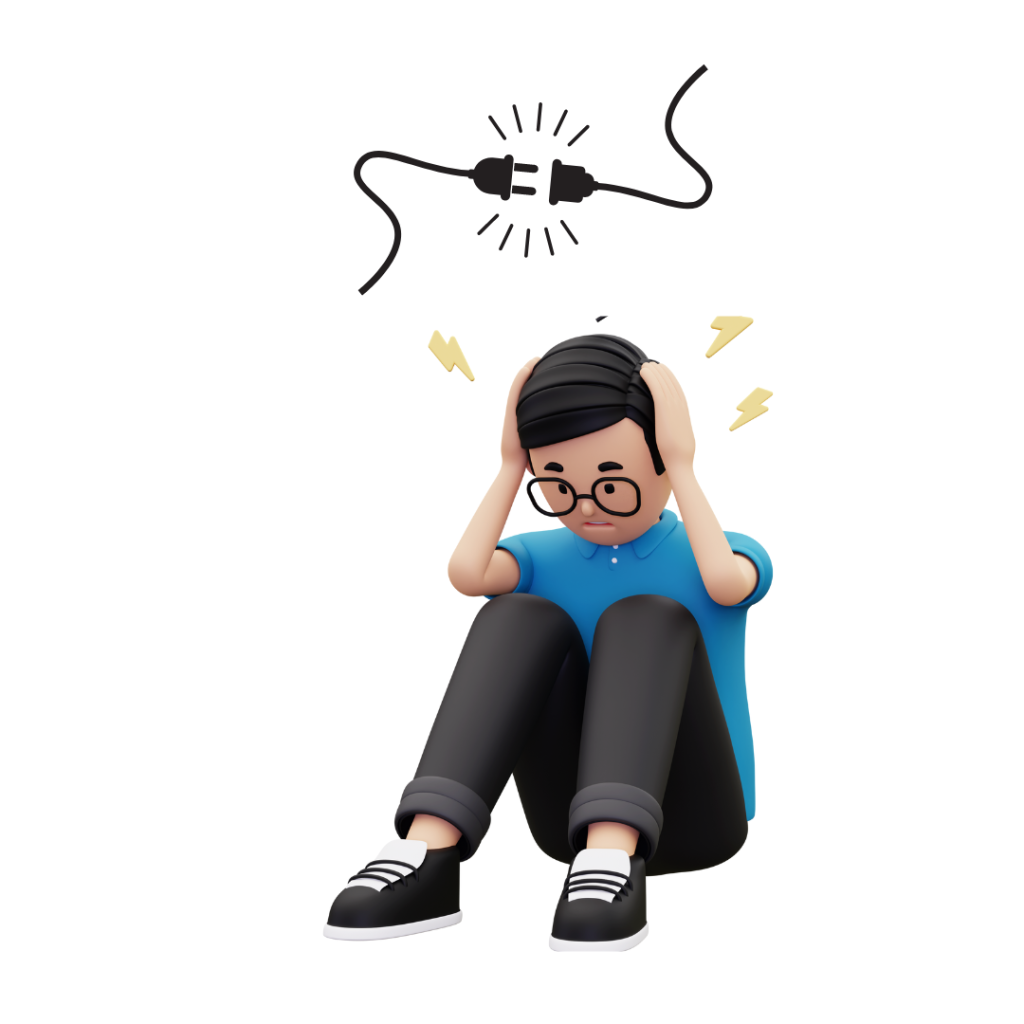
Tuning in to your intuition can help you regain that sense of connection and align with your true desires.
3. Persistent Gut Feelings
Have you ever had a persistent gut feeling that something wasn’t right, but you chose to ignore it?
Your intuition communicates through subtle sensations in your body, such as a tightness in your stomach or a sense of unease. These persistent gut feelings are often warning signs that should not be overlooked.
4. Ignoring Warning Signs
Your intuition acts as a protective mechanism, providing you with warning signs and red flags when something is off.

Ignoring these warning signs can lead to unfavorable outcomes or missed opportunities. Trusting your intuition means paying attention to these signals and taking them seriously.
5. Prioritizing Logic Over Intuition
While logic and rational thinking are important, solely relying on them can cause you to overlook your intuition.
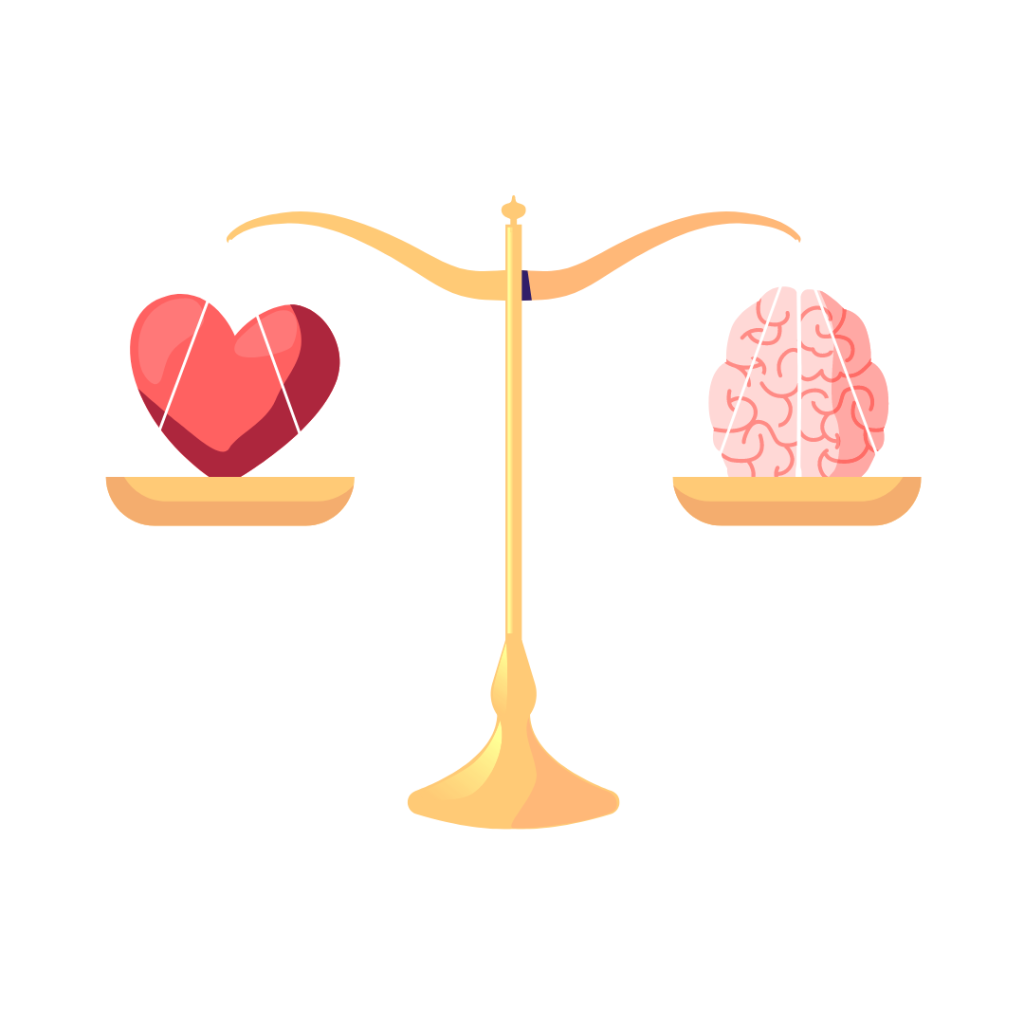
Making decisions based solely on logic may not always lead to the best outcomes. By balancing logic with intuition, you can make more holistic and aligned choices.
6. Not Trusting Yourself
When you doubt yourself and lack self-trust, it becomes challenging to listen to your intuition. Ignoring your intuition can stem from a lack of confidence in your judgment.
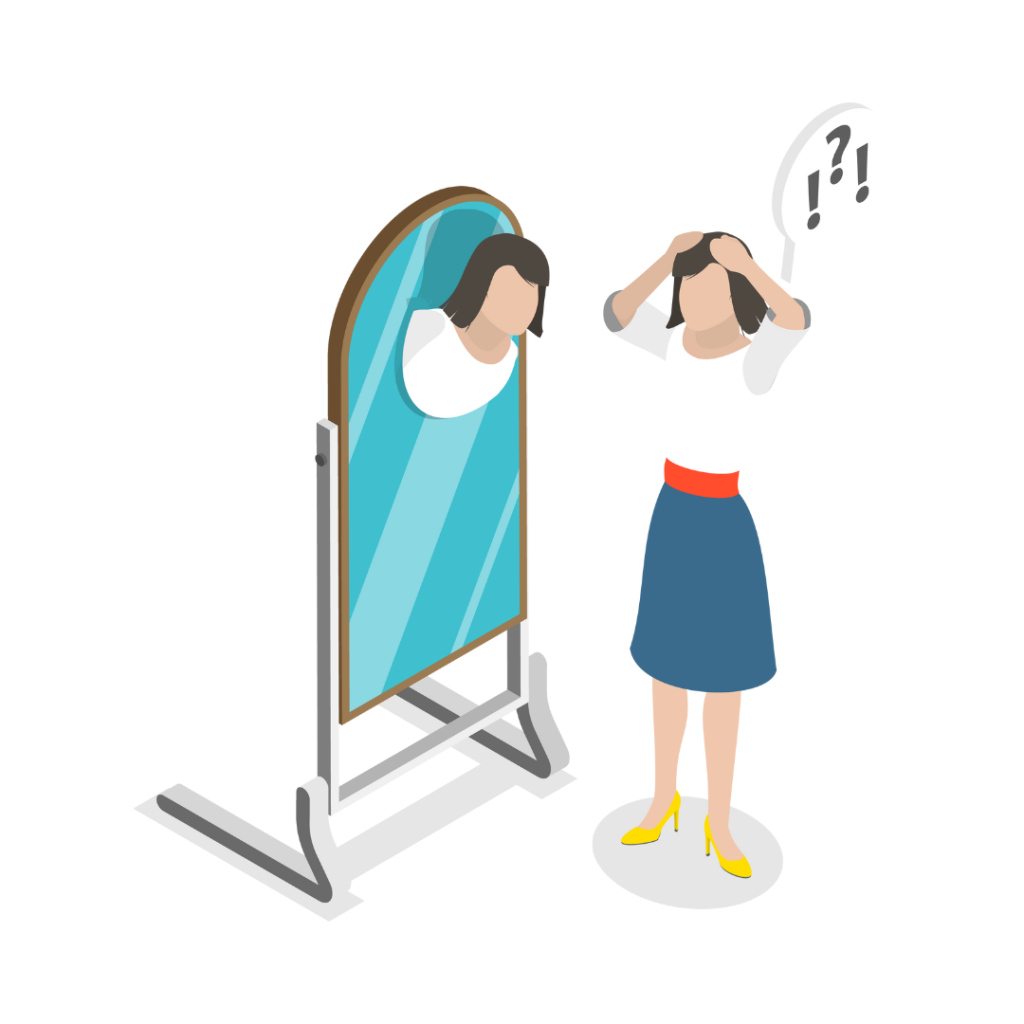
Building self-trust and believing in your inner wisdom is essential for honoring and following your intuition.
7. Ignoring Physical Sensations
Your body often holds valuable information that your intuition taps into. Ignoring physical sensations such as tension, unease, or a sense of expansion can lead you astray.
Pay attention to how your body responds to different situations and use it as a guide in decision-making.
8. Disregarding Inner Voice
Your inner voice, that quiet but powerful voice within you, is a manifestation of your intuition. Disregarding this inner voice can mean silencing your true desires and needs. It’s important to listen to and honor your inner voice to live a more authentic and fulfilling life.
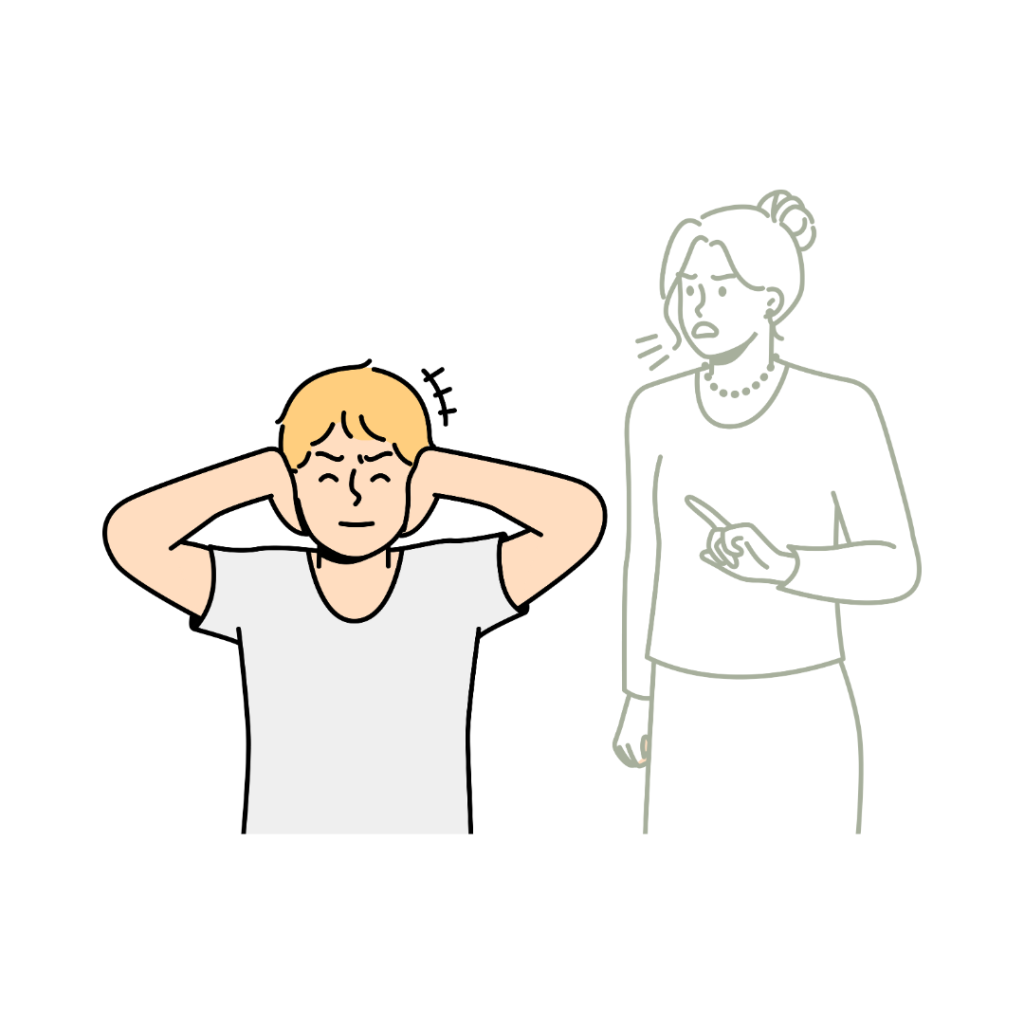
9. Overthinking and Doubting
Overthinking and doubting yourself can cloud your intuitive insights. When you constantly analyze every detail and question your intuition, you create resistance.

Letting go of overthinking and embracing trust can open the door to greater clarity and guidance from your intuition.
10. Procrastination and Indecisiveness
If you frequently find yourself procrastinating or struggling with indecisiveness, it may be a sign that you’re not listening to your intuition. Your intuition often provides a clear sense of what feels right and helps you make decisions with confidence. Ignoring it can lead to a cycle of indecision and missed opportunities.
11. Repetitive Negative Patterns
Ignoring your intuition can contribute to falling into repetitive negative patterns. Your intuition can guide you away from harmful situations and relationships, but when ignored, you may find yourself facing similar challenges repeatedly.
Breaking these patterns starts with acknowledging and honoring your intuition.
12. Feeling Regret or Remorse
When you ignore your intuition and face negative consequences, it’s common to feel regret or remorse. These emotions serve as reminders to listen to your intuition in the future.
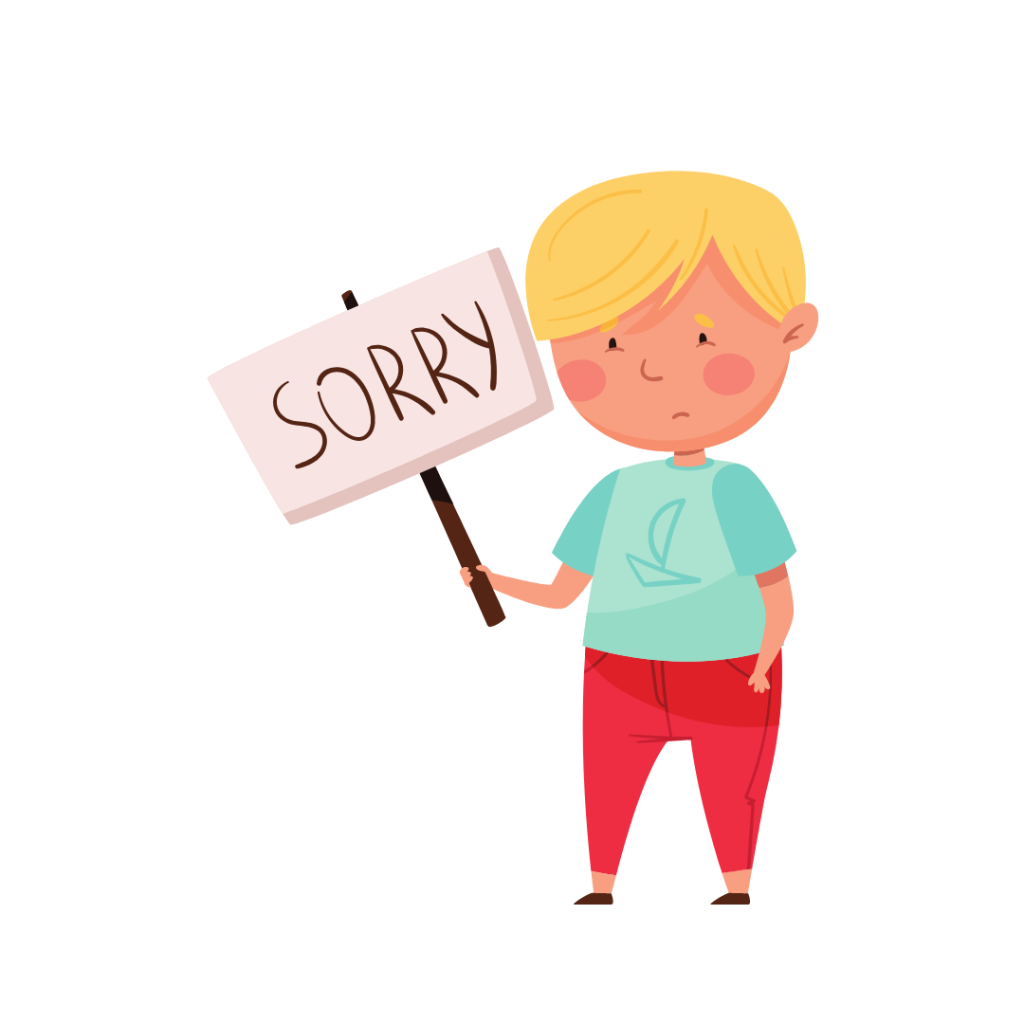
Recognize that regret can catalyze change and motivate you to honor your intuition moving forward.
13. Frequent Discomfort or Unease
Dismissing your intuition can lead to a constant state of discomfort or unease, as you’re not aligned with your true self. Ignoring your intuition can create internal conflict and manifest as emotional or physical discomfort.
Pay attention to these signals and explore the underlying reasons behind them.
14. Increased Stress and Anxiety
When you constantly ignore your intuition, it can contribute to increased levels of stress and anxiety. Your intuition acts as a guide to help you make choices that are in harmony with your authentic self.
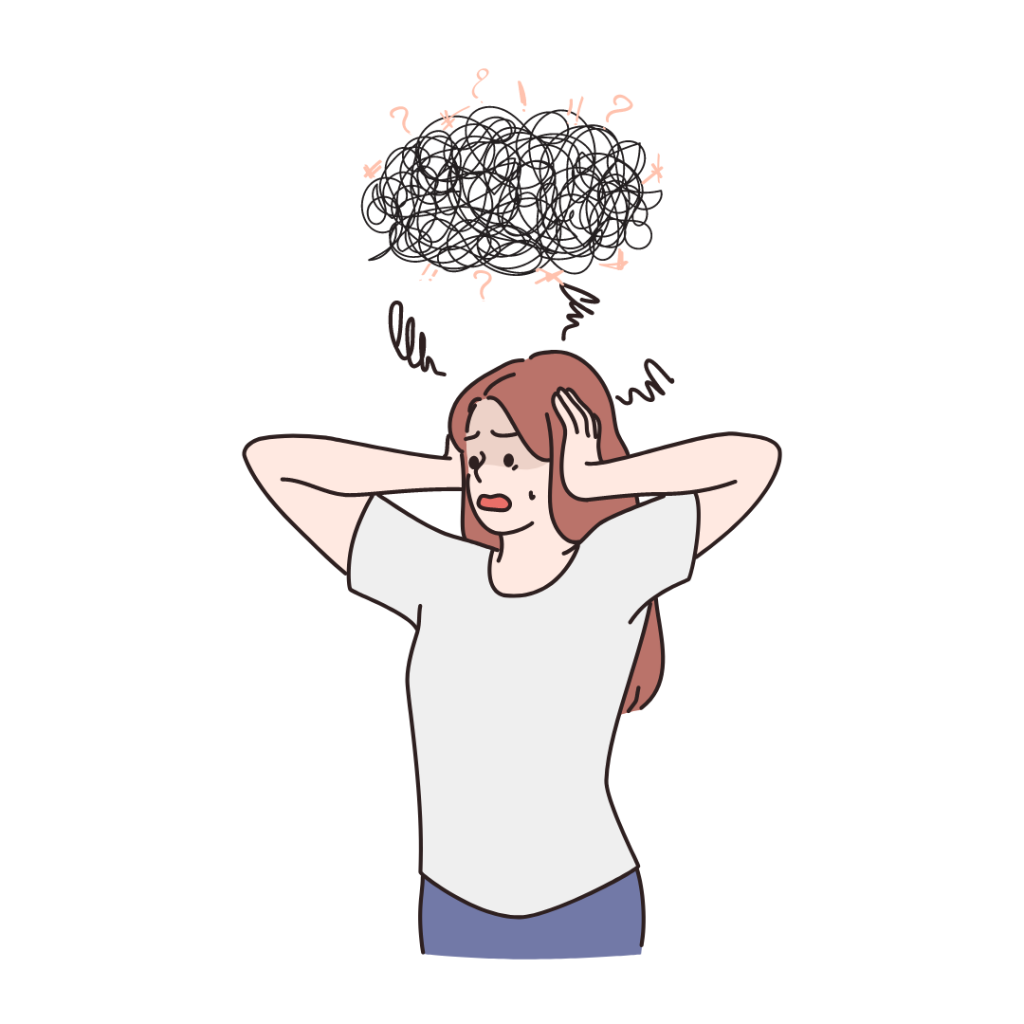
By disregarding it, you may find yourself caught in situations that drain your energy and increase stress levels.
15. Lack of Fulfillment
One of the most significant signs of ignoring your intuition is a sense of unfulfillment. When you suppress your true desires and ignore the guidance of your intuition, you may end up pursuing paths that don’t align with your values or passions.
This can leave you feeling unfulfilled and disconnected from your purpose.
How To Harness The Power of Your Intuition?
If you’ve realized that you have been ignoring your intuition and want to change that, here are some steps you can take:
1. Cultivate Mindfulness and Self-Awareness
Developing mindfulness and self-awareness allows you to become more attuned to your thoughts, emotions, and bodily sensations. Practice being present in the moment and observe how your intuition communicates with you.
2. Practice Meditation
Meditation can help quiet the mind and create space for your intuition to emerge. Set aside time each day to sit in stillness, observe your thoughts, and connect with your inner wisdom.

3. Connect with Nature
Spending time in nature can help you reconnect with your intuition. Nature has a way of calming the mind, opening the heart, and facilitating a deeper connection with your inner self.
4. Journaling and Reflection
Engage in journaling and reflection exercises to explore your thoughts, feelings, and intuitive insights. Write down any intuitive messages you receive and reflect on their significance.
5. Trust Your Feelings
Start trusting your feelings and instincts. Practice making small decisions based on your intuition and observe the outcomes. Build trust in your inner wisdom by acknowledging when your intuition has served you well.

6. Take Small Steps
Begin by taking small steps towards honoring your intuition. Start with situations where the stakes aren’t high and gradually build your confidence in listening to and acting upon your intuition.
7. Seek Support and Guidance
If you struggle to reconnect with your intuition, seek support and guidance from trusted friends, mentors, or professionals. They can offer insights, encouragement, and techniques to help you strengthen your intuition.
Related Reads
- Ways To Protect Your Energy
- Mental Health Movies: Watch & Learn
- Signs Of Negative Energy In A Person
Final Thoughts: Check Out These Signs of Ignoring Your Intuition.
I would conclude by saying that paying attention to the signs indicating you are ignoring your intuition is a crucial decision.
Failing to listen to your inner voice can lead to missed opportunities, unhealthy relationships, and dissatisfaction in life.
You can make better decisions by recognizing these signs and learning to trust and act upon your intuition. So, enhance your well-being and ultimately live a more fulfilled and authentic life.
Remember, your intuition is a powerful tool that can guide you toward the right path if you allow it to be heard and honored.
FAQs
Can everyone tap into their intuition?
Yes, intuition is a natural human ability that everyone possesses. It’s a matter of cultivating awareness and trust in your intuitive insights.
How can I differentiate between intuition and fear?
Intuition often feels calm and centered, while fear tends to be accompanied by a sense of unease or discomfort. Intuition guides you toward what is in alignment with your authentic self, while fear tends to hold you back from taking risks or stepping out of your comfort zone.
How can I develop a stronger connection with my intuition?
Developing a stronger connection with your intuition requires practice and self-reflection. Engaging in activities such as meditation, journaling, and mindfulness can help quiet the mind and allow your intuitive insights to surface.
Can intuition be wrong?
Intuition is a guidance system influenced by your experiences, emotions, and subconscious mind. While it’s not infallible, it often provides valuable insights. Trust in your intuition and be open to learning and adapting as you gain more experience.
